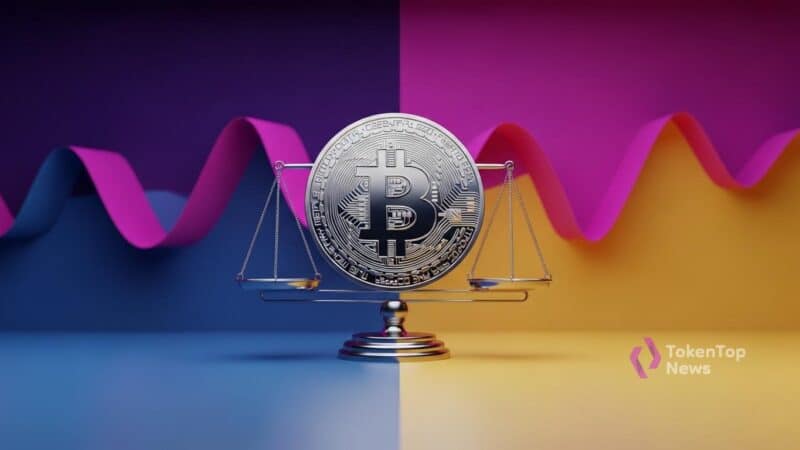Hong Kong Implements Stablecoin Regulation Law
- Hong Kong enacts Stablecoin Regulation; extends HKMA’s oversight.
- Stablecoin framework affects digital currency landscape.
- Licensing regime for fiat-referenced stablecoins.

Balancing innovation and consumer protection, Hong Kong’s law affects regulatory frameworks and stablecoin markets globally.
The Stablecoins Bill, passed by Hong Kong’s Legislative Council, establishes comprehensive regulatory measures for stablecoin issuance. The HKMA now supervises stablecoin issuers, and additional AML/CFT guidelines will shape industry practices.
“We believe that the new regulatory framework for stablecoins will not only enhance consumer protection but also foster innovation and financial stability in the digital asset ecosystem.” — Eddie Yue, Chief Executive, Hong Kong Monetary Authority
Hong Kong’s Monetary Authority (HKMA) leads this framework, responsible for vital industry supervision. No licenses have been issued, and consultation is ongoing, indicating continued refinement.
Key changes include mandatory licensing for stablecoin issuers, alongside reserve asset requirements and redemption guarantees. These changes signal increased regulatory scrutiny and market stability goals.
Financial markets and digital asset sectors may experience shifts as new regulations demand compliance. Market dynamics could alter investments, trading behaviors, and operational norms.
Political and economic implications could influence regional digital asset policies, impacting Asia’s cryptocurrency strategy. Regulatory changes aim to enhance security and balance innovation with risk management.
Historical precedents in Hong Kong’s virtual asset trading platforms exemplify a continued proactive regulatory stance. This strategy could lead to broader industry regulatory models, impacting global digital finance trends.




